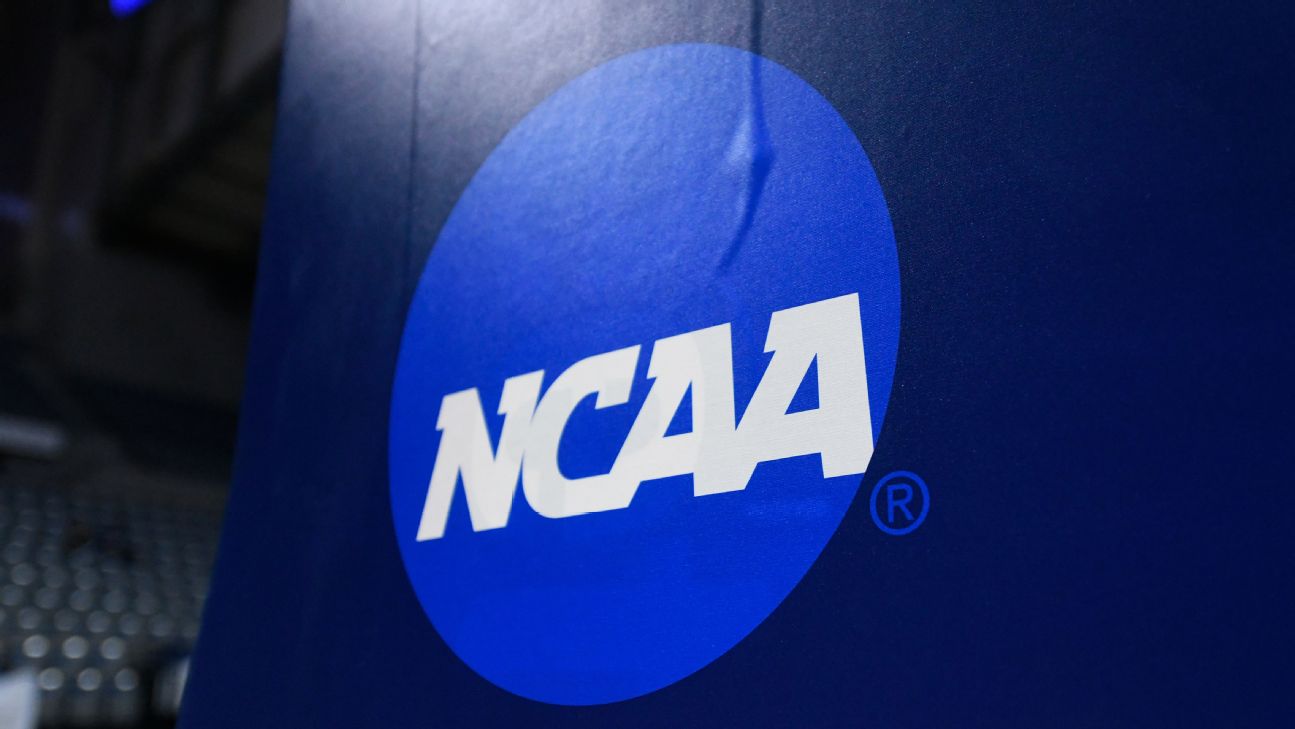The House Settlement: March Madness Ends with an Anticlimactic April NIL Hearing
April 8, 2025 by
 Yesterday, hours before the NCAA crowned the University of Florida with the men’s basketball championship, the United States District Court Northern District of California held a confirmation hearing for the proposed “House Settlement” that is expected to significantly change college athletics. See In re College Athlete NIL Litigation, No. 4:20-cv-03919-CW (N.D. Cal.). Judge Wilkin did not issue a ruling from the bench, so the hearing stopped short of reaching the landmark moment that everyone expects to be coming—the day when universities can legally pay their players cash money.
Yesterday, hours before the NCAA crowned the University of Florida with the men’s basketball championship, the United States District Court Northern District of California held a confirmation hearing for the proposed “House Settlement” that is expected to significantly change college athletics. See In re College Athlete NIL Litigation, No. 4:20-cv-03919-CW (N.D. Cal.). Judge Wilkin did not issue a ruling from the bench, so the hearing stopped short of reaching the landmark moment that everyone expects to be coming—the day when universities can legally pay their players cash money.
Judge Wilkin indicated that she was generally in favor of the settlement agreement as proposed, with some outstanding questions and reservations that counsel will address in a filing within a week. Much has been and will continue to be written about this case in the weeks leading to an eventual order. With that in mind, this post will not give a full recap of the litigation but will instead attempt to provide a succinct summary of 5 key points that are expected to result from an anticipated approval of the House Settlement:
- So, what will change? Universities will be able to directly pay their student-athletes, subject to a starting cap of $20.5 million for the 2025–26 school year. These funds will no longer have to be funneled through collectives or other third parties. Universities are expected to quickly enter into contracts with their student-athletes, whereby student-athletes will assign their NIL rights to their university in exchange for payment. Schools will also back-pay former student-athletes who competed in Division I sports since 2016. Those former players will receive the majority of the more than $2.5 billion in total damages that will be paid as a result of the settlement
- The NCAA will still exist, but not as we’ve known it. This might seem like a no-brainer, but it was not a given in the early stages of the House litigation considering the NCAA’s string of litigation losses and enforcement capitulations. While the NCAA enforcement mechanism will still exist, its focus will be more limited going forward because the settlement allows the power conferences to form a separate entity to enforce the new rules involving NIL. Those rulings will be subject to review by arbitration.
- Yes, there will still be limitations on how players are compensated. The NCAA will still prohibit “pay-for-play” payments from collectives. Any such payments over $600 will have to be reported to a clearinghouse that will make a fair market value determination to assess whether the deal is a true NIL deal. Another significant limitation is that universities and collectives are still not necessarily allowed to recruit players by promising payment. How this will be enforced remains to be seen, especially at the outset before the new enforcement arm is established when some programs might try to capitalize on the opportunity to make payments directly to recruits.
- The settlement involves more than just money. For example, the settlement also eliminates the existing cap on the number of student-athletes eligible to receive scholarships and replaces that scholarship cap with roster limits. This should have a trickle-down effect for “walk-ons,” universities outside the power conferences who might be the beneficiaries of limited rosters at top programs, and even Olympic athletes. These limitations were a strong point of emphasis during the confirmation hearing, and Judge Wilkin several times requested that counsel consider “grandfathering” in roster spots for student-athletes currently on rosters.
- Of course, more questions than answers exist as to the final result and full impact of this settlement. The main questions from Judge Wilkin in the confirmation hearing were whether the settlement agreement violates future athletes’ due process rights, how to resolve alleged formula errors in players’ NIL valuations, and whether the settlement agreement appropriately refers to all College Football Playoff-related entities. Beyond the hearing, the big questions everyone will be talking about are how Title IX will impact the distribution of the $20.5 million cap, and whether student-athletes should be treated as employees. Finally, a less discussed question that might have an oversized impact on upcoming contractual negotiations between players and schools is what the definition of “NIL” is. Universities will likely seek broad definitions in their agreements with student-athletes to maximize the pool of revenue sources from which they can collect, while student-athletes and their representatives will certainly attempt to narrow the scope of the rights they are assigning to their school.
The parties expressed a strong desire for prompt resolution of this matter, so expect a quick turnaround from the parties in responding to the Court’s questions. What is less clear is whether the parties will reach consensus on any significant changes to address Judge Wilkin’s concerns, and, if not, whether the settlement agreement will meet the standard for confirmation as proposed.


